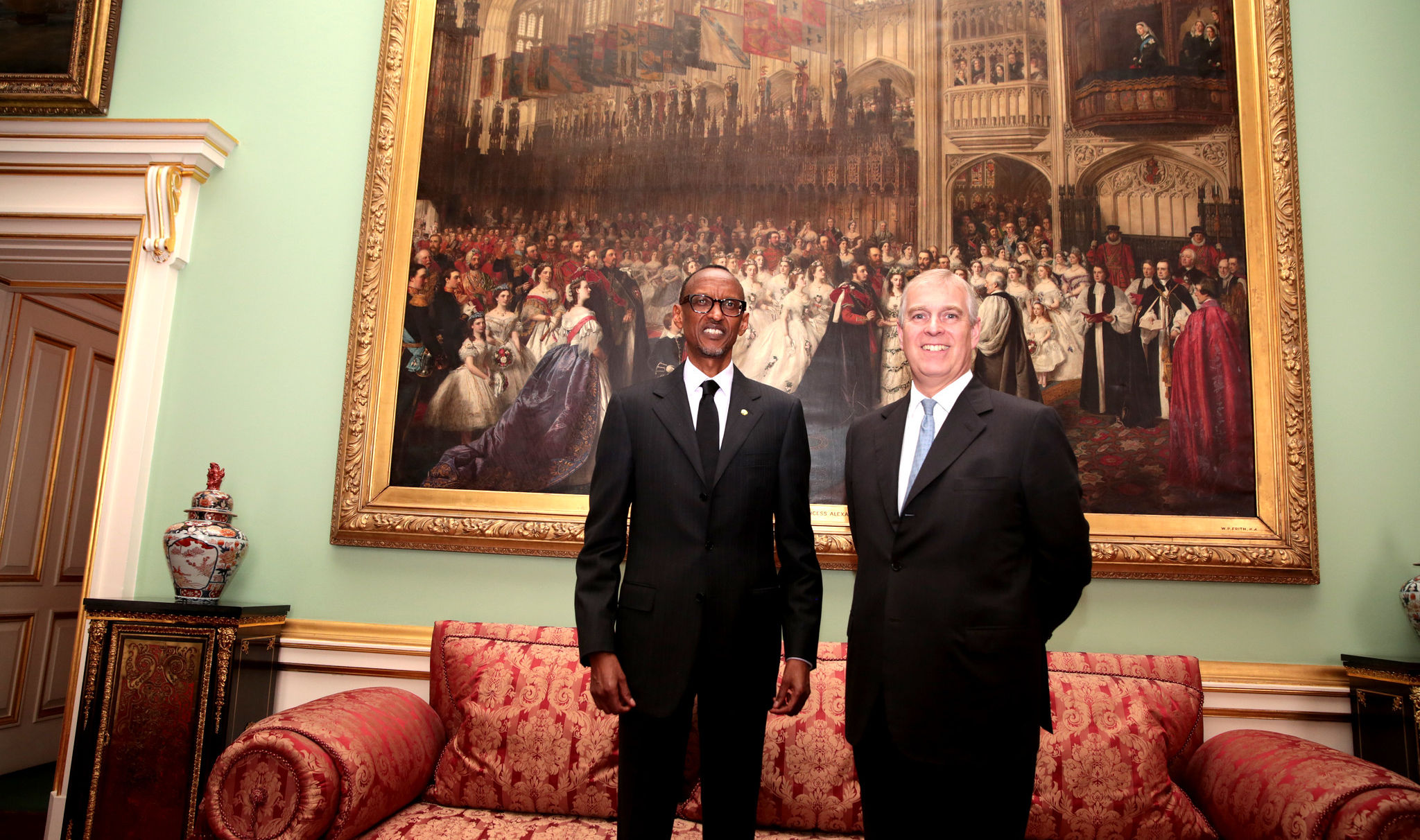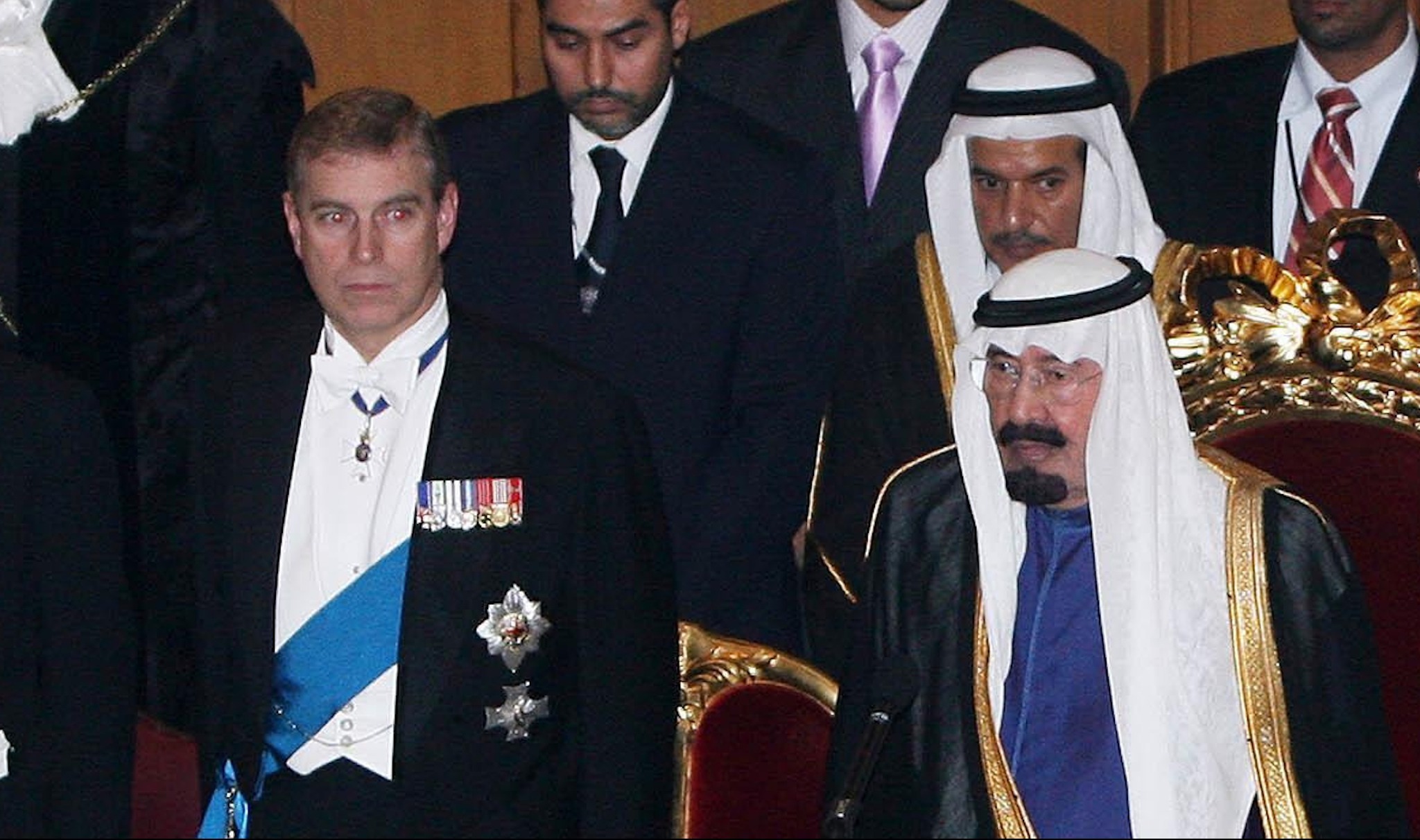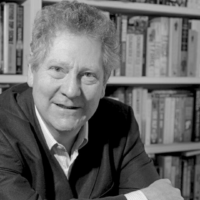Documents are the lifeblood of historians, the tools with which we build our picture of the past. For most historians and biographers there is a surfeit of sources to draw from, ranging from documents in public archives and private collections to accounts in books and interviews.
For the royal historian, however, there is very little beyond often inaccurate press cuttings, and briefings by “sources” in royal circles.
This is because there remains a deference and culture of secrecy with regard to the royal family.
They are largely exempt from the Freedom of Information Act and the Royal Archives have no public inventory – rather like a restaurant with no menu. What papers are deposited in the National Archives are subject to a series of exemptions, and those who have worked with the family are almost inevitably subject to confidentiality contracts.
Writing about the royals operates on a lobby system with favoured journalists fed titbits, tame writers rewarded with positions on quangos and those who choose to operate outside the cosy arrangement marginalised.
We have the absurd situation of publicly or covertly authorised biographies of royal figures, of members of the royal family appearing on American chat shows talking openly about royal life, where Prince Harry can write about the most intimate aspects of royal life from a few months ago for commercial gain, and royal households constantly briefing against each other, yet historians cannot see files which are 100 years old.
This is the mark of a banana republic and not a mature democracy.
Andrew’s closed files
The revelation from one of my Freedom of Information (FOI) requests that royal papers are not made public until 105 years after the birth of the individual, is a disservice to history.
It means historians cannot look at anything to do with Queen Elizabeth ll, even before her accession to the throne, until 2031. And, of personal interest, as I am writing his biography, the papers of the Duke of York are closed until 2065.
This is troubling because this restriction applies to his decade-long role as trade envoy up to 2011 – a public appointment that was underwritten at great expense by the taxpayer and about which there are many unanswered questions.
Who accompanied him on these delegations drumming up trade for Britain and for what purpose?
It is rumoured that the banker David Rowland and his son Jonathan, who supposedly paid off some of the Duchess of York’s debts, were on some of these official trips, including to the World Economic Forum on the Middle East in Sharm el Sheikh in 2008.
But we cannot know because neither the Foreign Office nor the Department of International Trade can “identify” any files relating to the trips made. A friend who works in the latter department says all references to the Duke have been removed from the internal computer system.
The Metropolitan Police are refusing to give the costs of the Duke’s protection since 2020, when he gave up Royal duties, on the grounds of National Security, Law Enforcement – neither of which have a public interest test – Personal Information and for good measure Health and Safety.
They will also neither confirm or deny if they have followed up any of the allegations made against him by Virginia Giuffre and others. Surely the Royal Family are not above the law?
Establishment cover-up
My problems accessing records are not new. My suspicion about an establishment cover-up was confirmed in 2016, when I began researching a book on Dickie and Edwina Mountbatten, the last Viceroy and Vicereine of India.
Their letters and diaries had been extensively quoted in previous books, and in 2010, a major fundraising campaign had been mounted by Southampton University to buy their papers.
I was therefore surprised to be told by the Southampton archivist that they knew nothing about these diaries and letters, which were part of a £2.8m purchase with contributions from the Heritage Lottery Fund, Hampshire County Council and other organisations as well as through the Acceptance in Lieu scheme.
Eventually, after several years, numerous FOI requests, and the intervention of the Information Commissioner, who issued contempt proceedings against Southampton University, a Decision Notice was issued in 2019, ordering the materials’ release.
“I requested other files on Mountbatten only to be told they had been destroyed”
Both Southampton and the Cabinet Office — which had muscled its way in based on a mysterious Ministerial Direction which it later dropped — appealed the decision, only to then dump 99.9 percent of the material (over 30,000 pages) on the internet just before the November 2021 hearing.
The material they had kept secret for a decade, and fought so hard to prevent being made public, proved to be utterly innocuous.
After I discovered a wartime FBI file that claimed Mountbatten was “a homosexual with a perversion for young boys,” I then requested other listed files held on him, only to be told they had been destroyed.
When I asked when that destruction had taken place, the American authorities candidly admitted, “After you had asked for them.” Clearly, this had been at the request of the British government, previously unaware that such material existed.
Though the Garda, Ireland’s national police service, accepted that they had car logs for visitors to Mountbatten’s holiday home in Sligo for August 1977 — the month two 16-year-old boys claimed he had abused them — they refused to release the logs on the grounds that they were part of the investigation into Mountbatten’s murder, which had taken place two years later.
Despite Britain’s 20-year rule for the deposit of historical records, I also found that no files on Mountbatten’s 1979 murder had been deposited in archives — neither in Ireland nor Great Britain.
The Garda claimed it was still “an active investigation,” even though the bomb-maker had been convicted, served a sentence and was released under the Good Friday Agreement in 1998.
Duke of Windsor
Later, for my next book, when researching the Duke of Windsor’s time in the Bahamas as governor during World War II, I discovered that while the Colonial Office files in the National Archives were thin on him, there were mirror copies of the files in the Bahamas — and these were much more extensive, containing revealing details, such as the duke transferring the Commissioner of Police to Trinidad on the morning of a murder that he was keen to cover up.
Last year I requested a 1932 police protection file relating to the then Prince of Wales. Dozens of similar files have been available at the National Archives for 20 years. They contain useful titbits on his movements but nothing remotely secret.
“The Metropolitan Police refused to release the file on the grounds that it would jeopardise the present safety of the royal family”
Yet 90 years later, the Metropolitan Police refused to release the file on the grounds that it would jeopardise the present safety of the royal family.
That decision was upheld by the Regulator, the Information Commissioner’s Office, so I took the matter to a tribunal. A judge asked if I would supply examples of information from other protection files of the period but, when I sought to do so, I discovered that the 20 files I had highlighted in my submission – and which had been publicly available for more than 20 years and much copied by historians – had been mysteriously withdrawn from the National Archives.
This culture of unnecessary secrecy needs to stop. A new reign is an opportunity to look at this censorship. Royal records should be released on the same footing as with public authorities and government departments and their exemptions re-examined.
If our history is to be written accurately, we need to have all records made available — not just those a government department or the Royal Family believes we should have.




